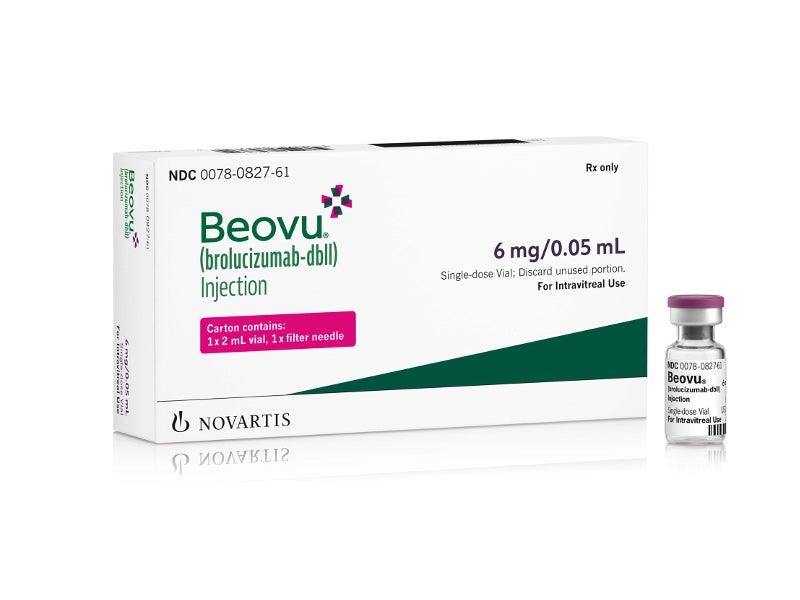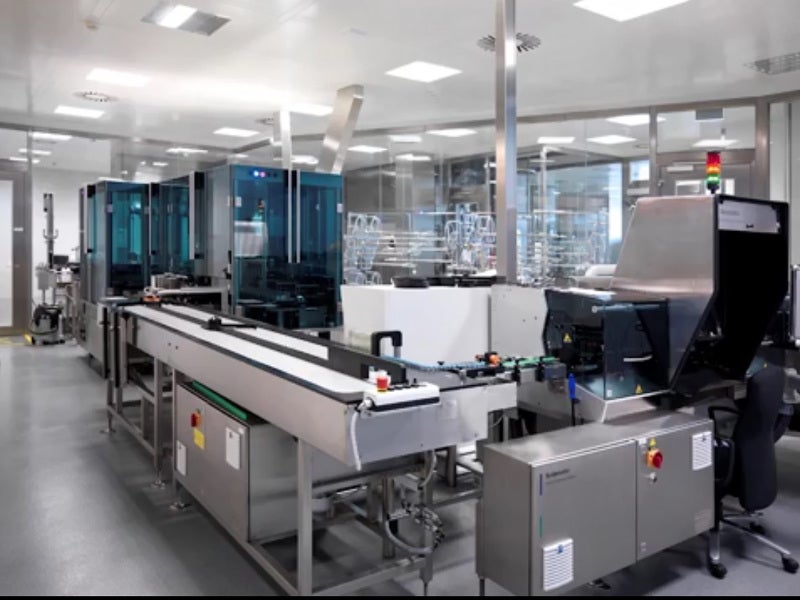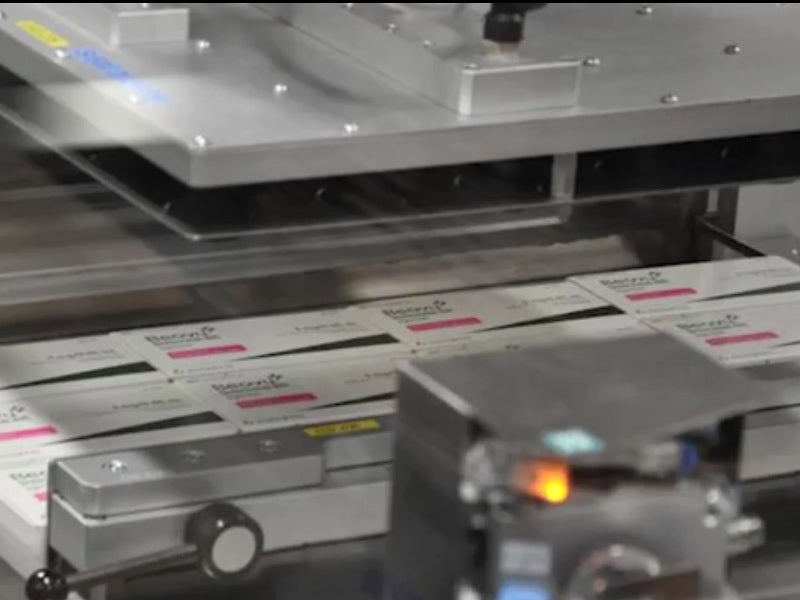Beovu® (brolucizumab) is an anti-vascular endothelial growth factor (anti-VEGF) drug indicated for the treatment of neovascular (wet) age-related macular degeneration (AMD).
Developed by Novartis, Beovu improves vision and reduces retinal fluid in wet AMD patients compared to Aflibercept.
Also known as RTH258, the drug was approved by the US Food and Drug Administration (FDA) for wet AMD in October 2019. It is available as a 6mg / 0.05mL solution in a single-dose glass vial for intravitreal infusion. It is a transparent to slightly opalescent liquid that is colourless to a slightly brownish-yellow colour.
Wet AMD disease causes and symptoms
Wet AMD, also known as n-AMD, is an eye disease that damages macula, which is the most vital part of the retina for normal visual acuity. It occurs when abnormal and fragile blood vessels leak fluid into the macula and disrupt the typical retinal architecture, resulting in macular degeneration.
Excessive VEGF-A protein, which encourages abnormal blood vessel growth beneath the macula, causes such conditions. Wet AMD is a common condition that does not cause complete blindness but reduces central vision, which enables humans to see objects, faces and shapes clearly.
Early symptoms of the condition include distorted vision (metamorphopsia), whereas a person can experience a blurry area in the centre of vision and vision loss, during advanced stages of AMD. The blurry area increases and blank spots appear over time and brightness of colours may also be reduced as the disease progresses.
Beovu (brolucizumab) mechanism of action and dosage
Brolucizumab is a potent inhibitor of VEGF-A, which displays high affinity to all VEGF-A isoforms. It inhibits the activation of VEGF receptors through the prevention of ligand-receptor interaction resulting in the suppression of endothelial cell proliferation and vascular permeability.
Clinical trials on Beovu (brolucizumab)
The FDA approval of Beovu was based on the results from two-phase three clinical studies named HAWK and HARRIER. The randomised, multi-centre, double-masked and active-controlled trials were conducted on patients with wet AMD.
HARRIER and HAWK are the maiden and only international head-to-head trials conducted on neovascular AMD patients that prospectively confirmed efficiency at week 48 with a novel dosing interval maintained at every 12 weeks (q12w) or eight weeks (q8w).
Both the trials compared the safety and efficacy of brolucizumab with aflibercept for the treatment of wet AMD. A total of 1,817 patients (1,088 on brolucizumab and 729 on aflibercept) with ages ranging between 50 and 97 years were treated for two years during the two studies.
The studies randomly used intravitreal injections of brolucizumab 6mg (for HAWK and HARRIER) and 3mg (for HAWK) versus aflibercept 2mg. The primary endpoint of both the studies was change from baseline in best-corrected visual acuity (BCVA) at week 48.
Beovu was found to be non-inferior to aflibercept in terms of mean change in BCVA at week 48 in both the trials. Approximately 30% of the patients gained at least 15 letters at the end of one year. Further, the patients treated with Beovu demonstrated greater reduction in central subfield thickness (CST) at week 16 and week 48.
Marketing commentary on Novartis
Based in Switzerland, Novartis is a multi-national pharmaceutical company operating through two major business divisions, namely Innovative Medicines and Sandoz.
The Innovative Medicine business division includes Novartis Pharmaceuticals and Novartis Oncology business units and is responsible for the commercialisation of innovated patented drugs. Sandoz specialises in generic pharmaceuticals and biosimilars. Novartis sells its products in 155 countries worldwide.
The company currently has more than 200 drug products in the clinical pipeline under various therapeutic areas such as cancer, immunology, neuroscience, ophthalmology, cardiovascular, respiratory and dermatology.






